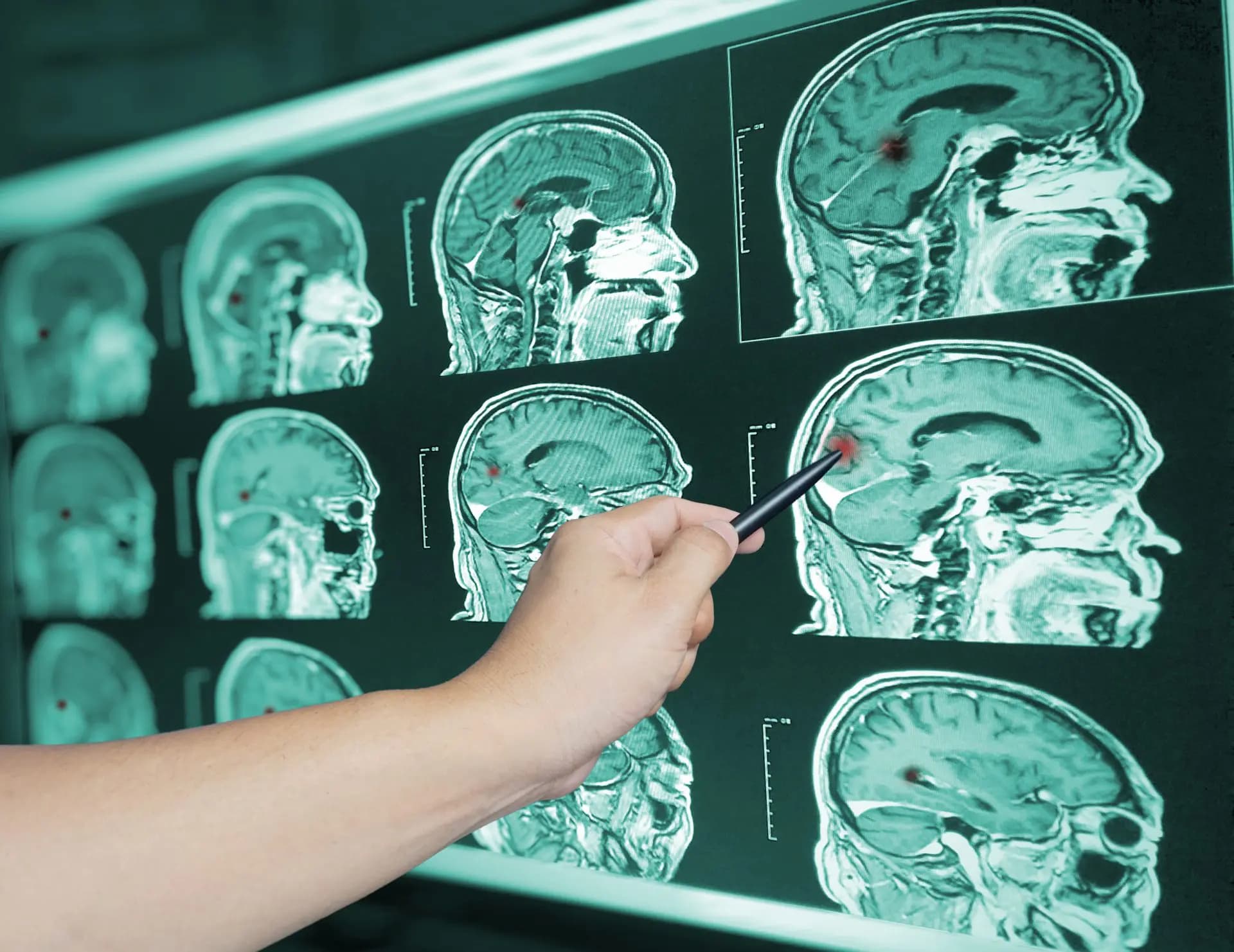
How’s Fault Determined in a Brain Injury in Maine?
A brain injury is among the most serious injuries that a person can suffer. They often leave long-lasting effects that make it harder, and more expensive, to live. There are many ways in which one can suffer a brain injury. One particularly terrible way is through medical malpractice. It is terrible not only because the extent of the injury can be profound, but also because of the feeling the victim may have that her doctor betrayed her.
To get a better understanding of how medical malpractice can lead to brain injuries, we’ll first look at how we prove medical malpractice in the first place. Afterward, we’ll look at what types of medical malpractice mistakes lead to brain injuries and then look at who could be at fault.
How is Medical Malpractice Proven?
Brain injuries are among the worst of injuries that can happen due to hospital or doctor negligence. Negligence of a doctor, hospital, or hospital staff is commonly referred to as “medical malpractice.”

Medical malpractice often occurs when a doctor, or other healthcare professional, disregards safety rules that all medical professionals are supposed to follow. Breaking safety rules can lead to profound injury, including brain injury, or even wrongful death.
A victim of medical malpractice needs to three things:
- That the doctor or hospital acted negligently;
- That the victim was injured; and
- That the victim’s injuries was caused by the doctor or hospital’s negligence.
There are many points of the healthcare system where a patient can fall victim to medical malpractice. Each case of medical malpractice is unique, but they all ultimately come down to these three key points.
What Types of Medical Errors Lead to Brain Injuries?
There are many ways in which medical malpractice can lead to brain injury. They include, but are not limited to:
- Anesthesia
- Oxygen deprivation
- Excessive bleeding
- Trauma
- Medications errors
- Trachea compression
- Errors that arise from surgery
- The failure to treat hypotension
- The failure to timely diagnose a heart attack
- The failure to timely diagnose a stroke
- The failure to properly incubate before surgery
- The failure to properly diagnose, or treat, a brain bleed
Brain injury can be caused in infants due to a variety of types of negligence that can occur during labor or delivery, or during care provided to an infant during his or her first days or life.

Brain injuries often result in overwhelming medical bills, as well as a variety of non-economic injuries, including:
- Behavioral issues
- Emotional issues
- Loss of memory
- Impairment of cognitive abilities
- Impairment of physical abilities
- Muscle spasms
- Seizures
- Frequent and powerful headaches
- Uncontrollable mood swings
- Depression, bipolar, or other mental struggles
- Lack of judgement
- A lack of concentration
Such injuries can result in lifelong difficulties for which a plaintiff may be entitled to compensation. Muscle spasms, for example, might not sound terrible at first blush, but they can result in a limited mobility, poor ability to perform physical activities, and profound pain and suffering. That is something the injured patient has to live with now because of a mistake that her doctor made, a mistake for which the patient is entitled to compensation.
Who Can You Sue for a Medical Negligence-Induced Brain Injury?
Many different medical professionals could be sued for medical negligence. The right person to seek damages from is going to depend on your specific experience. However, keep in mind that a medical malpractice claim may involve poor care provided by one or more of the following types of health care professionals:
- Doctors (including, among others, surgeons, anesthesiologists, radiologists, emergency providers, and hospitalists)
- Nurses (including nurse anesthetists and nurse practitioners)
- Medical assistants
- Pharmacists
- Radiologists
- Lab technicians
- Hospital personnel
- Physician Assistants
Malpractice frequently occurs in a hospital. However, holding a hospital accountable for the conduct of doctors can have its challenges. Many doctors working in hospitals are not employees but independent contractors. The hospital is liable for the actions of their employees, but they are not necessarily liable for the actions of independent contractors, such as per diem nurses locum tenens physicians.
In certain cases, hospitals may be directly liable for negligence, such as if:
- A hospital failed to keep equipment and facility reasonable maintained;
- A hospital negligently hired staff or failed to verify the qualifications of its staff;
- A hospital failed to adopt appropriate safety policies; or
- A hospital failed to train its staff

When you go to a hospital, or work with medical professionals, you are putting your trust in not only their skills but in their judgment. If their judgement fails you, it is only just that they help pay for the damages that failure of judgment caused you.
What Should I Do If I Suspect Medical Malpractice was the Cause of My Brain Injury?
If you believe that medical malpractice was behind your injury, consider reaching out to Gideon Asen to speak with one of our experienced attorneys. We can help you determine whether you have a viable claim. If you do, we will do everything we can to ensure you receive the compensation you deserve.
An attorney can also help you through this time by answering your questions, putting you in touch with helpful resources, and helping you so that you don’t have to go through this alone. It’s a rough thing to experience, so we want to help make it easier for you. Get in touch with us today.

















